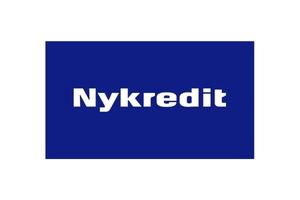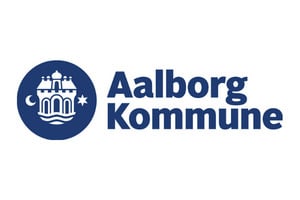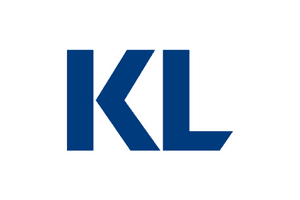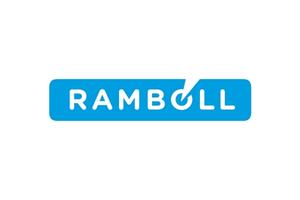Why good team organization is important
Good team organization plays a key role for several reasons. First and foremost, it contributes to the overall efficiency of the organization. When the team is well-organized with clear tasks and responsibilities, work processes are more streamlined and goals are easier to achieve.
Furthermore, good team organization allows management to focus on core tasks and strategic goals. This ensures that resources are used efficiently and not wasted on unnecessary tasks or duplication.
Employee motivation is also crucial. When they feel that their work is well-structured and meaningful, they are more engaged and dedicated. This creates a positive work culture and increases productivity.
Good team organization also helps with conflict management. A clear structure and division of roles makes it easier to identify and resolve conflicts effectively.
Last but not least, well-structured teams foster innovation. When employees work together in a well-functioning structure, they can generate and implement innovative ideas, which is crucial for organizational growth and competitiveness. In this way, good team organization is a key resource for management that wants to achieve organizational success and long-term sustainability.








